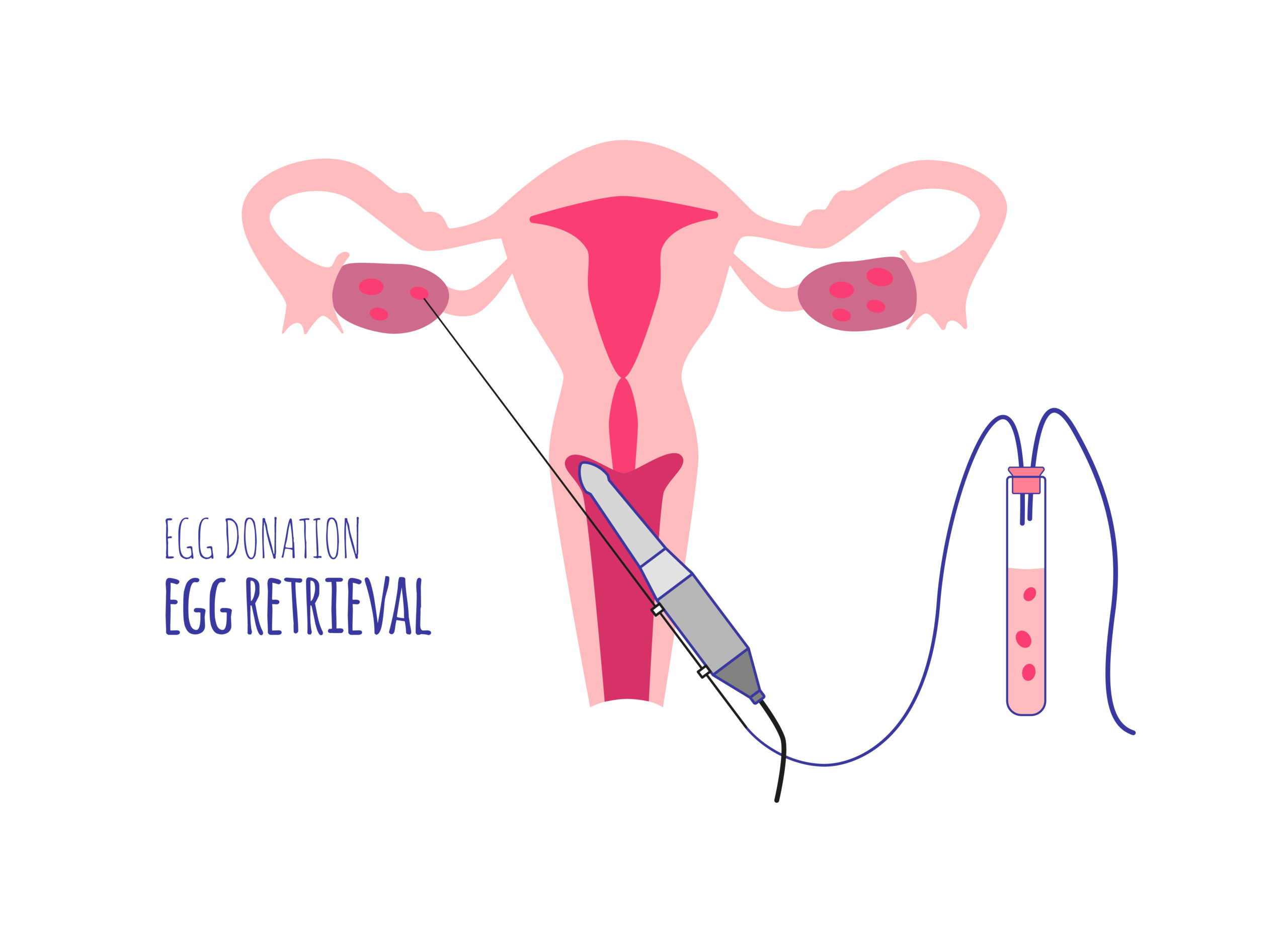
28 Feb When is the Right Time to Find an Egg Donor?
The choice to find an egg donor is a very important decision in the process of beginning or continuing a family. Many different groups of people find themselves researching this option. Among these groups are couples who have experienced infertility or even undergone previous infertility treatment, some women whose ovarian function is not at the correct levels, including women who experience premature ovarian failure, or simply women who have missed the best window of reproductive age. Regardless of your circumstance, an egg donor can help ensure you have a family on your terms, in your own timeline.
Who Uses an Egg Donor?
Many different people utilize egg donors to create the family they’ve always dreamed of. Prospective parents from China, for example, might utilize an egg donor because of government restrictions on childbearing. On a different note, families who identify as LGBTQ might build a special relationship with an egg donor to create a family that they would be biologically unable to create otherwise.
At the end of the day, anyone can benefit from the unique services of an egg donor. Read below to find out if this service is right for you and your family.
Is an Egg Donor Right for You?
Before making the decision to use an egg donor, it is important to ensure that you and your family are emotionally and financially prepared to move forward with this process.
-
Emotional Readiness
There are some emotional ramifications to choosing to have a child through egg donation. First among these ramifications is losing the feeling that you and your child will be genetically linked. This can be a source of discontent for many people. However, with egg donation, prospective parents are granted the opportunity to choose a donor. This enables them to consider desirable traits and characteristics from a donor and hope that those same traits are passed along to their future children.
-
Financial Readiness
An egg donor expects to be paid, on average, between $5,000 and $10,000. There are, of course, other fees associated with egg donation. Prospective parents should be prepared to incur the costs of legal fees, psychological evaluations, insurance, and account management fees. Please remember that this is a generalized list of expenses and your fertility specialist can provide you with the most accurate information.
How Do I Select a Donor?
-
Appearance
This can be one of the areas that prospective parents look to first when selecting a donor. Many families have specific traits they would like their future child to be born with such as hair color and eye color. Although there is no guarantee of how genetics will manifest themselves, this is an exciting place to begin the selection process.
-
Health
Although not as glamorous as appearance, a potential donor’s health history is critical to take into account. Consider things such as their blood type and family medical history.
One important feature that we would like to emphasize is a donor’s score on an AMH test. AMH, or Anti-Mullerian Hormone, is a hormone produced by reproductive tissues in the ovaries. This can tell your fertility specialist a lot about a potential donor’s ovarian function and the quality of her ovarian reserve, thereby letting us know if she is the most suitable candidate.
We are able to arrange an AMH test for your potential donor before you make your final choice, so that you can manage your risk and give yourself the best odds of success in this endeavor.
What Can I Expect from the Egg Donation Procedure?
After prospective parents select an egg donor, the treatment process begins! The egg donor and the recipient of the donations are given medication to ensure that their fertility cycles are in sync.
Once both parties have undergone the medication for about three weeks, the donor will undergo egg retrieval. This process is a minimally invasive procedure and lasts approximately a half hour. The eggs are then combined with sperm and monitored for development for approximately three to five days.
If all conditions have been successful, at the end of this period the embryos are transferred into the recipient’s uterus. Approximately two weeks later, the recipient of the donation can come into the office to receive a blood test to determine whether the implantation was successful.
Contact Us Today
If egg donation sounds like the right option for your family, please contact us online to learn more about the steps involved.


